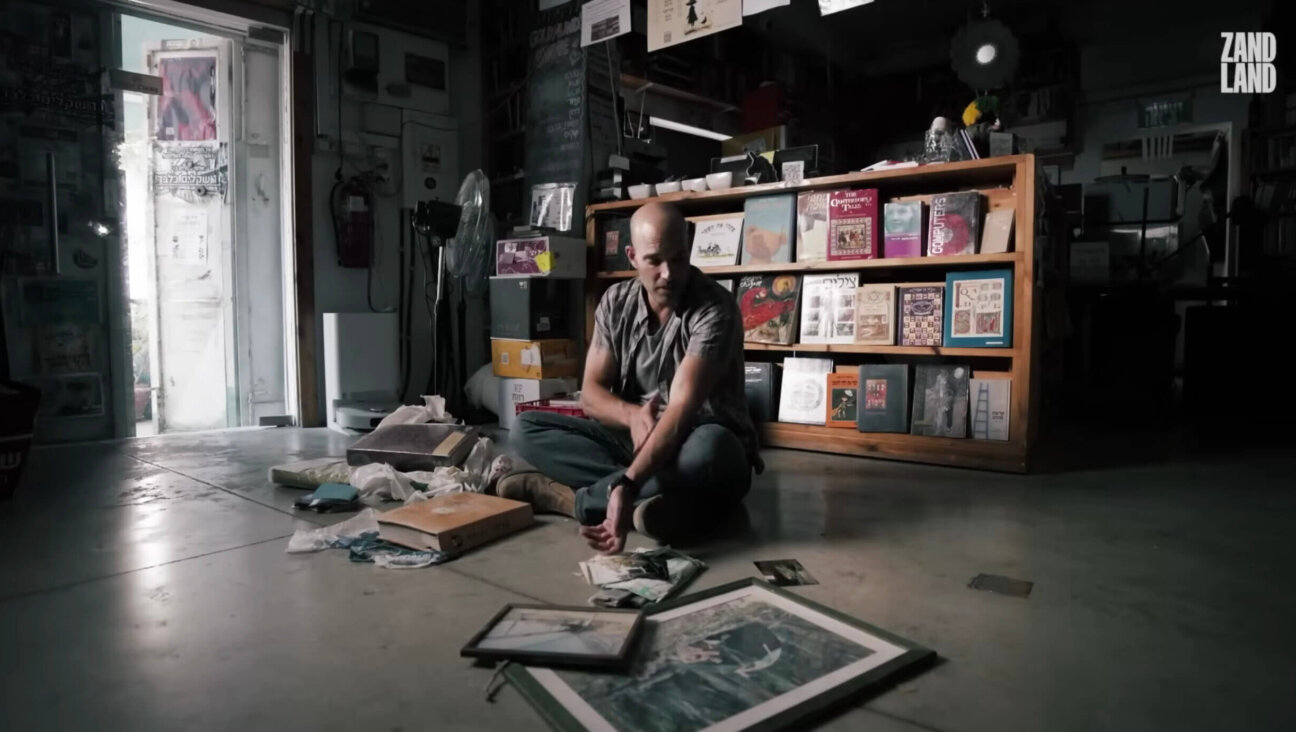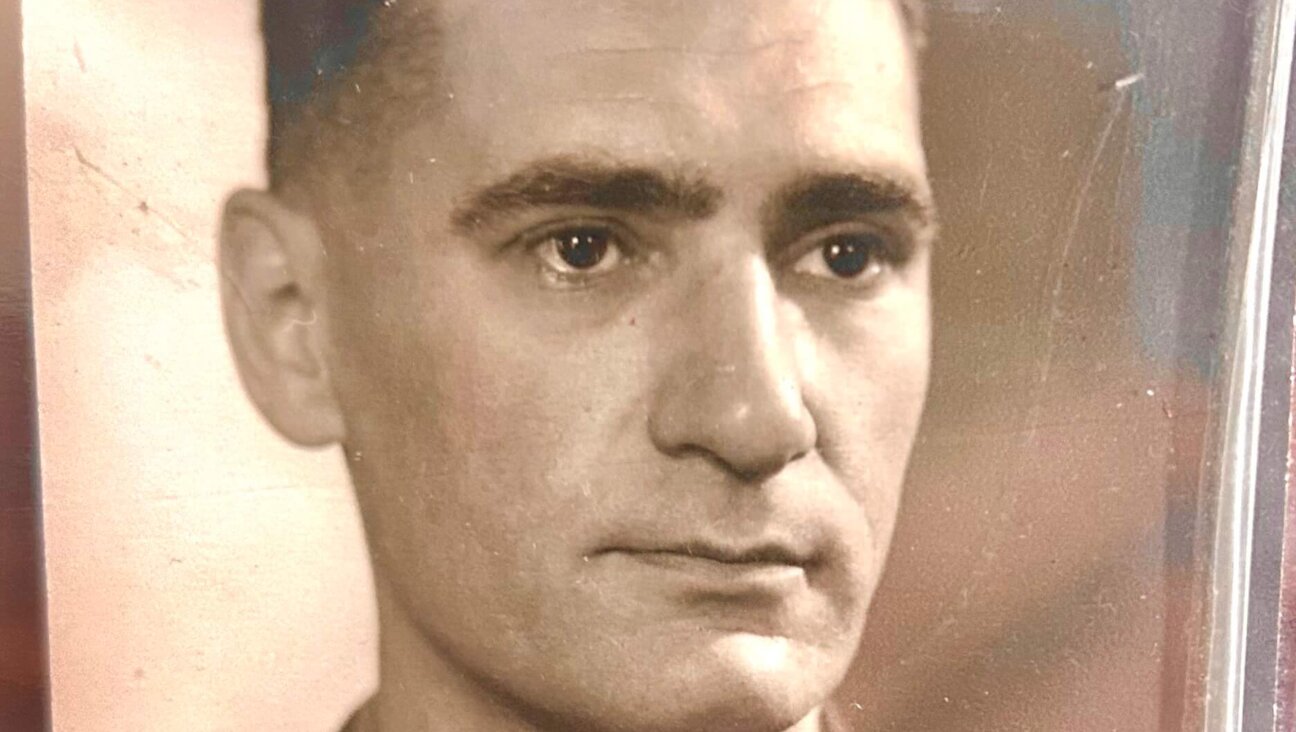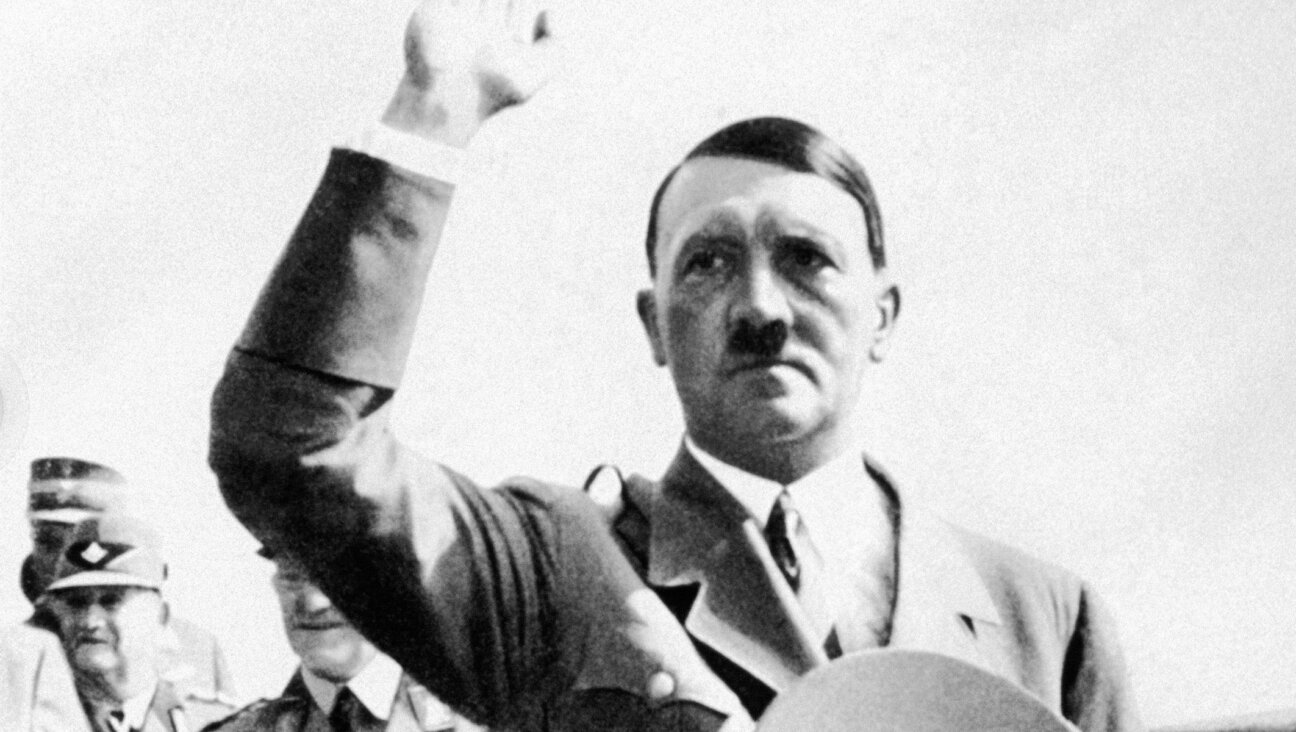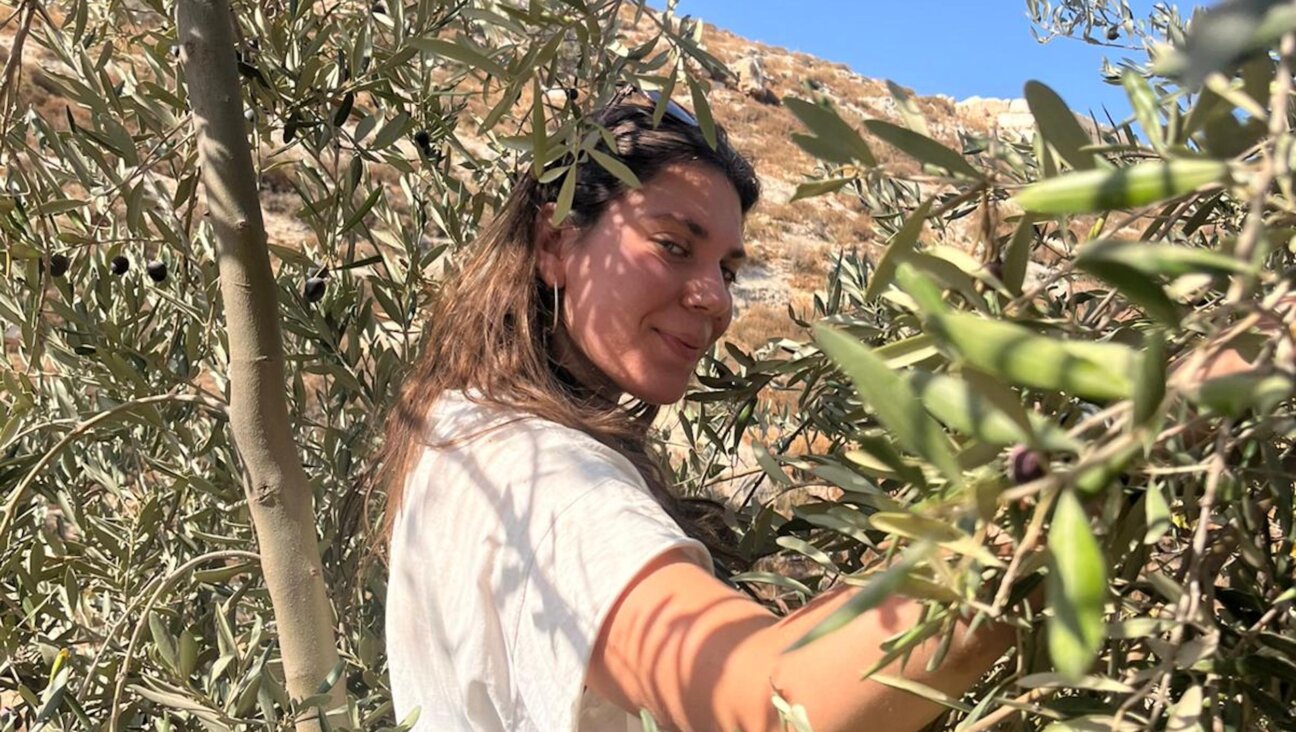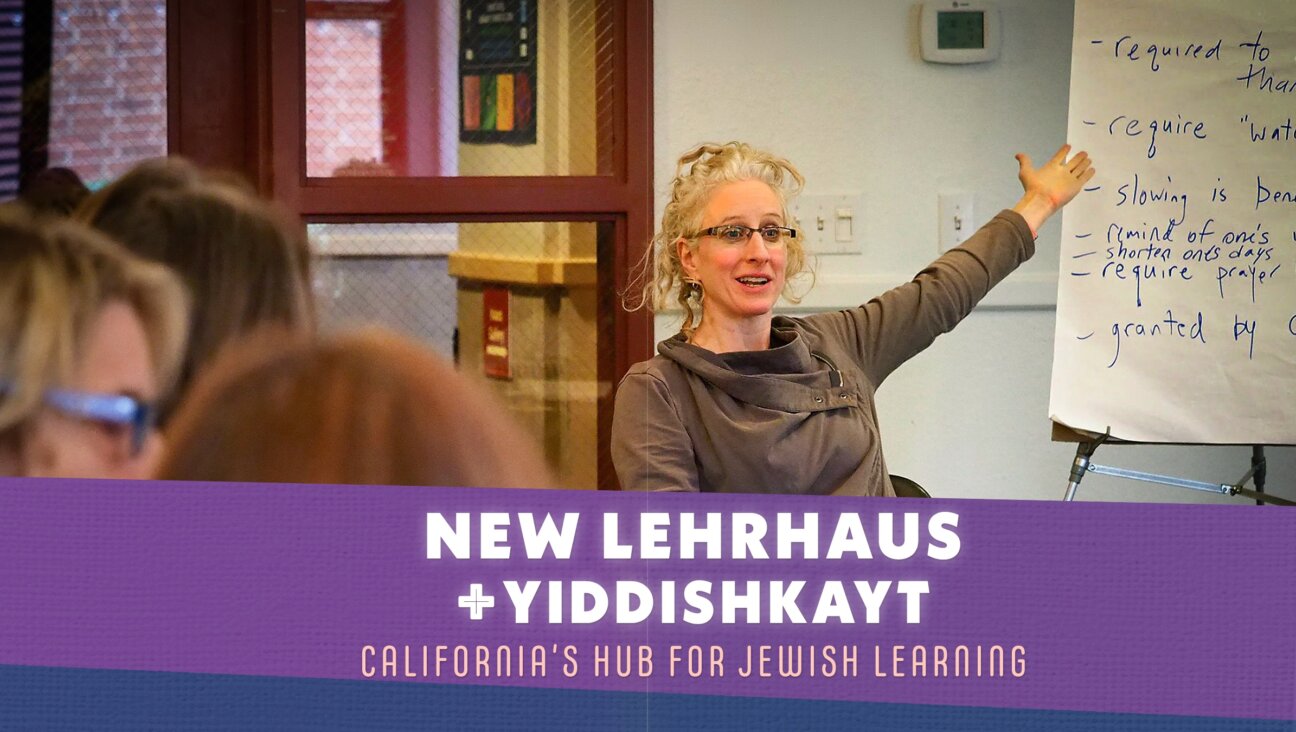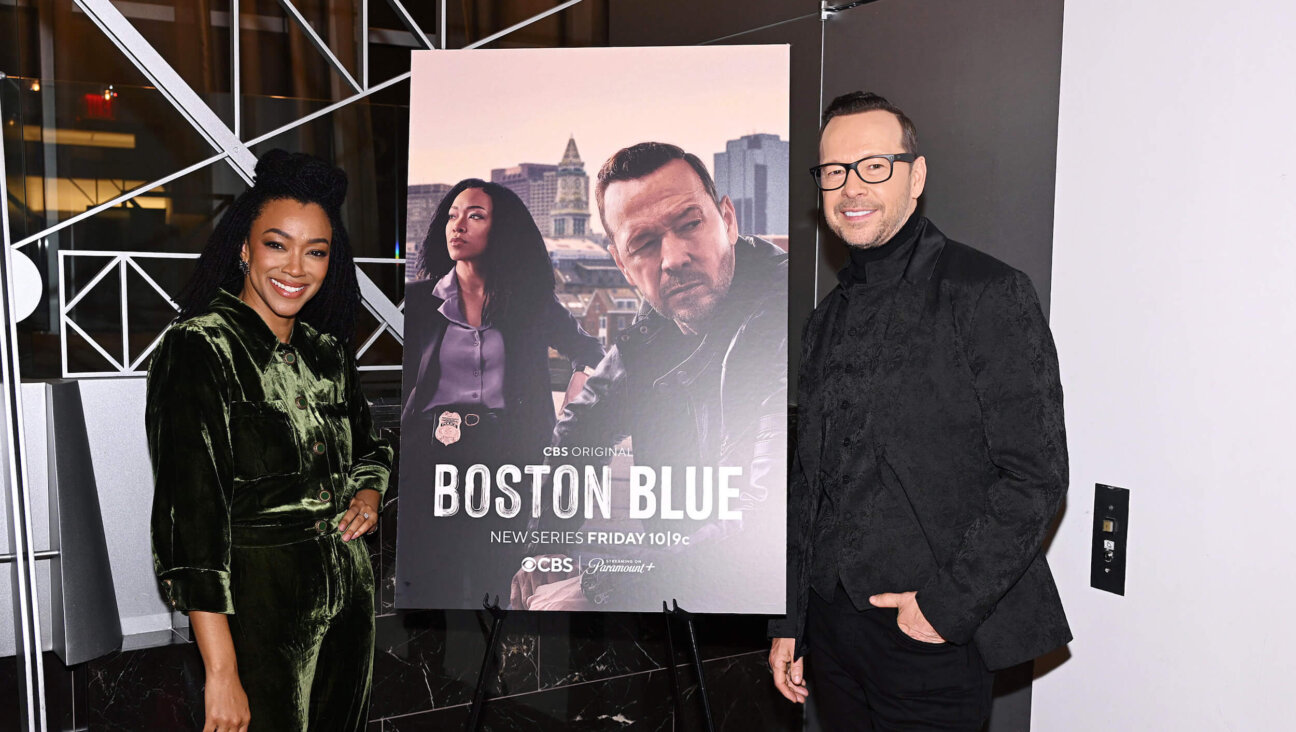Remembering Scientist Simon Ramo — Oldest Man To Ever Receive a Patent

Graphic by Angelie Zaslavsky
The American physicist, engineer, and entrepreneur Simon Ramo, who died on June 27 at the age of 103, drew lifelong inspiration from music and sports for his widespread achievements. Remembered for his pioneering work in microwave and missile technology and often called the father of the Intercontinental ballistic missile (ICBM), Ramo co-created two Fortune 500 companies in the 1970s, Ramo-Wooldridge (TRW after 1958) and Bunker-Ramo (now part of Honeywell), doing so with a ludic sense instilled in him by his Russian-born parents, of Sephardic and Lithuanian origin. Ben Ramo, born in Brest Litovsk and Clara Trestman from the shtetl of Moliver, raised their son in Salt Lake City, where the elder Ramo was a shopkeeper. Culture was always a high priority, and at age eight he was taken to the Mormon Tabernacle to hear John Philip Sousa conduct. Three years later, he was a prodigy violinist, and his mother took him to local concerts by such renowned Jewish virtuosos as Jascha Heifetz and Fritz Kreisler.
This early musical experience stood Ramo in good stead in the science and business worlds for assessing his own abilities compared to others. In 2010 he told the interviewer Peter J. Westwick about his early fiddling: “I knew I was the best of the young from the standpoint of people that were after me.” His abilities would later help to win him admission to Cal Tech, where music was emphasized, but as a gimlet-eyed evaluator of himself and others, Ramo told another interviewer, Frederik Nebeker, in 1995 why he ultimately resolved to “not choos[e] to be a concert violinist. There’s room for three or four concert violinists in the world – not even thirty. But engineering, for goodness sakes, there’s all kinds of engineering, it takes a lot of engineers to work out all the things that a society needs.”
This ultimate realism extended even to Ramo’s recreational activity of tennis, which he indulged in on his seven-acre estate in Beverly Hills. In “Extraordinary Tennis For The Ordinary Player” and “Tennis by Machiavelli,”, Ramo expressed his credo that “absolute qualities do not determine how you fare in the world or on the tennis court. What actually counts is your performance relative to others. So an awareness of competition must always be in one’s mind.” The former guide wittily purports to be a newly discovered tract by the Renaissance Italian author of “The Prince,” translated by Ramo, who approvingly notes: “To be Machiavellian is at once to be devious, slippery, sly, sneaky and tricky – a conniver, deceiver, opportunist, maneuverer, intriguer, conspirer.” Ramo duly suggests using warmup sessions not for merely warming up: “The much more important duty for you to perform during the preliminary period is an intelligence and reconnaissance mission intended to bring to the surface and pinpoint the weak spots in the defense and offense of your opponents.” If you hit mainly to the other player’s backhand instead of alternating to their forehand and backhand sides during warmups, says Ramo, they will charitably assume it is because you are not fully warmed up instead of guessing your machinations.
This kind of thinking made Ramo dominate the business world, whether in issues of managing technological corporations,; how to have productive business meetings,; the business of science; and strategic business forecasting..
Nor did Ramo ever rest on his laurels. In May 2014 he became the oldest person ever to be granted a patent, for a computer program which can ask students if they understand information that is being delivered, and react accordingly. Not planning further patents, Ramo explained that “most patents do not bring in money to the patentee, and so there’s no particular reason for doing it.” Yet he did celebrate his longevity, inherited from several Trestman aunts who lived into their nineties, prudently redesigning the very concept of birthdays a few years ago, as he told Forbes Magazine: “I’m now keeping track of my age by six month increments instead of years. When you get to 99, you don’t have too many more birthdays coming up. I’m 99-and-a-half now, and I’m celebrating my birthday twice a year.” Always planning ahead, in 2013 he informed the Inland Valley Daily Bulletin: “I decided to use 103 as my time to go to plan my philanthropy. I want to run out of money so I don’t have to pay any inheritance taxes.”
Benjamin Ivry is a frequent contributor to the Forward.


